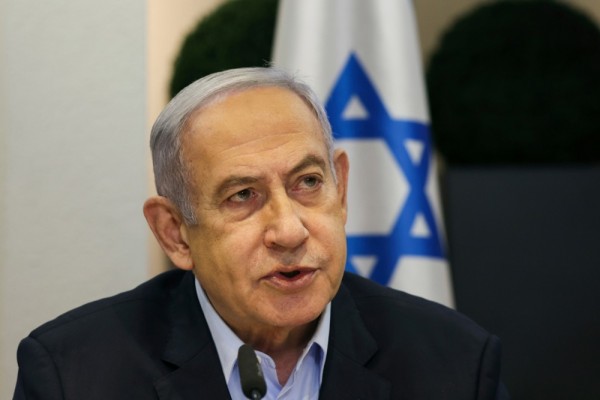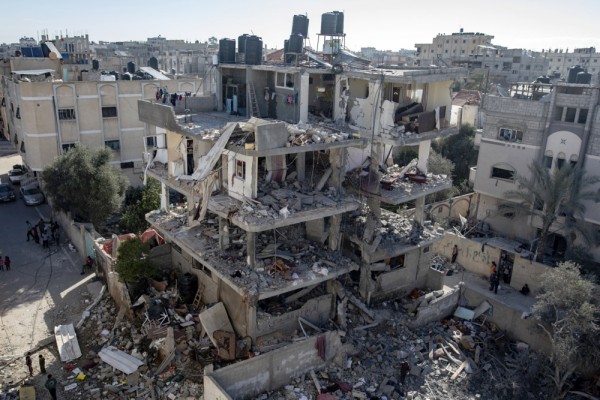The International Press Institute condemned Israel’s raid last week on a Palestinian television channel, Al-Asir TV, and the detention of the station’s director, Baha Khairi Attalah Moussa. Israeli institutions apparently have no idea why the station was raided.
Moussa is expected to be in court tomorrow, May 24, where he will learn whether he will be detained further for investigation, charged or released, according to Riham Abuaita of the Palestinian Center for Development and Media Freedoms.
On May 17, Israeli soldiers reportedly raided the premises of the upstart Palestine Prisoner’s Channel (Al-Asir TV). Abuaita told IPI that IDF soldiers confiscated the station’s equipment, including its main transmission device, forcing it to broadcast via a spare transmitter. The station’s director-general, Baha Khairi Moussa, was arrested from his home near Jenin in the West Bank and has been in detention since then, reports said.
According to IPI research, Israel has no answer as to why the station was raided. In response to a telephone and email query, the IDF spokesperson’s office wrote: “I would really recommend you to contact the Prisoner Authority [with regard to prisoner conditions] and maybe the Communications Ministry as well, since it is under their responsibility like the last time this happened.”
Communications Ministry Spokesperson Yechiel Shabi wrote: “Regarding to your questions- the responsibility to this matter is under the IDF, therefore all of the questions should be refer to them [sic].”
“Who’s manning the shop here? The fact that no one seems to know why the station was raided means they should let return Al-Asir TV’s equipment immediately and free Baha Moussa,” said IPI Executive Director Alison Bethel McKenzie.
“Moreover, we call on Israel to cease the practice of detaining Palestinian journalists and interfering with Palestinian media without providing any justification for these acts. Palestinian journalists and media are entitled to the same press freedoms as their colleagues anywhere else in the world,” McKenzie said.
The channel, reportedly operational since April 1, was created in order to call attention to the stories of Palestinian prisoners in Israel, their families, and to raise awareness of related human rights issues, according to journalists in the West Bank. This is an issue of particular interest as Israel recently agreed to change some of its policies toward prisoners. The agreement ended a weeks-long hunger strike movement by some 2,000 Palestinian prisoners in Israel, who demanded an end to the practice of indefinite detention without charge or trial, and other changes to policies they found violate human rights.
In March, IPI documented the Israel Defence Forces (IDF) raid on two other Palestinian channels, Al Quds Educational TV and Watan TV. Soldiers confiscated equipment and transmitters. Israel claimed that the stations were broadcasting on “illegal” frequencies, but were unable to give IPI any reason that documents, computers and other equipment had been confiscated – the IDF spokesperson referred IPI to the Communications Ministry, and the Communications Ministry referred IPI to the IDF.
Both television stations returned to the air shortly after the raids.
In April, Israeli police raided Hona Al-Quds (Here Jerusalem), a new online media network that was preparing to launch operations at an event that was to be held simultaneously via Skype in Jerusalem and Ramallah, as IPI reported at the time. The project was an initiative of Al-Quds University’s Institute for Modern Media, as is Al Quds Educational TV, the station raided one month earlier.


